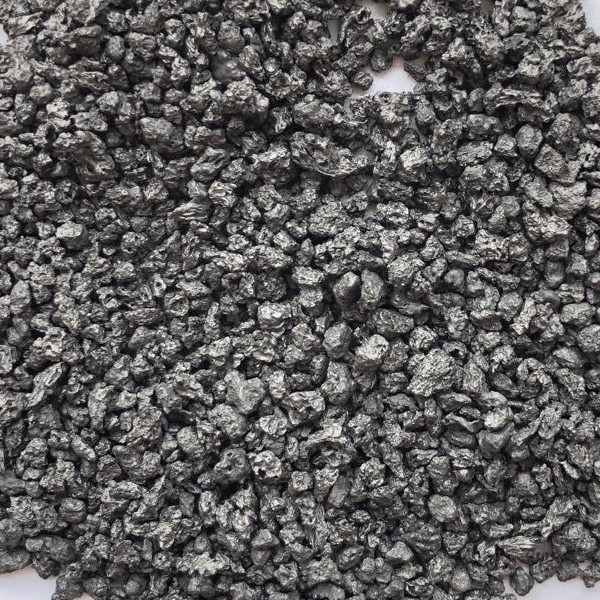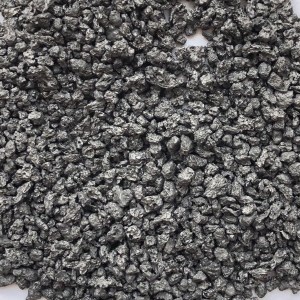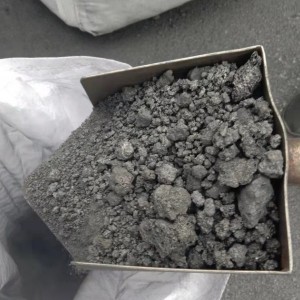calcined petroleum coke for graphite electrode making
calcined petroleum coke is widely used in steelmaking, chemical industry, building materials, casting materials, machinery, petroleum exploration and other industries. (1) Carbon
Can be used in the element industry: aluminum carbon, graphite electrode, graphite anode, carbon electrode, carbon anode, carbon refractory carbon
Plain paste products, advanced graphite, asbestos products, graphite chemical equipment, etc. (2) Main carburizers and foaming agents for steelmaking
raw material. (3) Basic chemical raw materials for hydrogenation hammer and high-purity CO in the chemical industry. (4) Machinery industry processing machinery
An important raw material for seals.
In order to make petroleum coke (green coke)
On request, the green coke must be calcined. The calcination temperature is generally around 1300°C, the purpose is to make the petroleum coke volatile as much as possible
Quantity removed. This can reduce the hydrogen content of petroleum coke re-products, increase the degree of graphitization of petroleum coke, and improve the quality of petroleum coke.
The high-temperature strength and heat resistance of the ink electrode can be improved, and the conductivity of the graphite electrode can be improved. Calcined coke is mainly used to produce graphite
Electrodes, carbon paste products, corundum, food-grade phosphorus industry, metallurgical industry and calcium carbide, among which stone is the most widely used
ink electrode. The raw coke can be directly used for calcium carbide as the main material of calcium carbide without calcination, and to produce silicon carbide and boron carbide as grinding materials.
It can also be directly used as coke for blast furnaces in the metallurgical industry or carbon bricks for blast furnace wall linings, and can also be used as dense coke for casting processes.
The difference between petroleum coke and forged petroleum coke:
(2)The difference between petroleum coke and wrought petroleum coke
Petroleum coke is a product obtained by distilling crude oil to separate light and heavy oil, and then thermally cracking the heavy oil. From the appearance, coke is black lumps (or particles) with irregular shapes and sizes. ), with metallic luster, coke particles have a porous structure, and the main element is carbon, accounting for 80wt% (WT is the English abbreviation of Weight, which means the weight percentage. 5WT% is equivalent to 50000PPM ((PPM is in hundred Tens of thousands of content.))) above, and the rest are hydrogen, oxygen, nitrogen, sulfur and metal elements. Petroleum coke has its unique physical, chemical and mechanical properties. It is the non-volatile carbon of the heating part. The indicators of volatile matter and mineral impurities (sulfur, metal compounds, water, ash, etc.) determine the chemical properties of coke.
Calcined coke: raw material calcination is an important process in the carbon production process, and the calcination operation is the high-temperature preheating treatment of the carbon raw material under the condition of isolating the air. During the calcination process, the structure and elemental composition of various carbonaceous raw materials undergo a series of profound changes, thereby enhancing their physicochemical properties. The calcination quality of petroleum coke has a great influence on the quality of finished carbon materials and the technical indicators of each process, so ensuring the calcination quality of raw materials is an important prerequisite for ensuring the quality of final products










